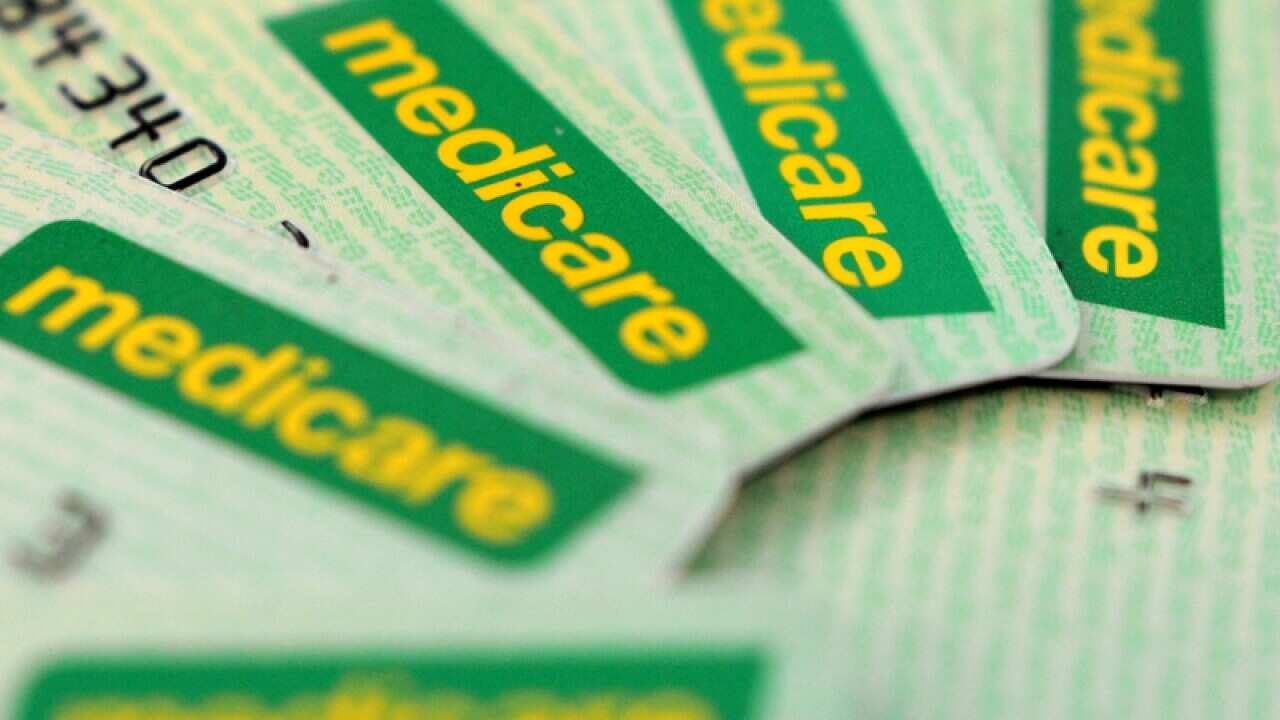Health Minister Sussan Ley concedes some patients may be worse off under proposed bulk-billing changes that doctors warn could have fatal consequences.
The federal government has been accused of putting lives at risk after plans to cut bulk-billing incentive payments for pathology services from July 1 were revealed in the mid-year budget update on Tuesday.
Bulk-billing incentives for magnetic resonance imaging (MRI) services would also be reduced while incentives for diagnostic imaging would be aligned with GP services in a bid to save the budget $650 million over four years.
Ms Ley insists the competitive nature of the pathology business drives high bulk-billing rates without the need for government support.
She says she can't list new life-saving drugs on the pharmaceutical benefits scheme while funding ineffective policies.
But she admits "some may be worse off" under the changes.
"Overall, I don't expect patients to be worse off because what we will see is further competition," she told ABC radio on Wednesday.
Royal College of Pathologists of Australasia president Michael Harrison says previous government cuts make it "very unlikely" laboratories will be able to absorb the costs, forcing patients to pay at least $30 for pap smears and urine and blood tests.
"If laboratories decide they have to go to a patient copayment, people will stop having pap smears, they'll stop having their other tests done and people will present with advanced disease including advanced cancer," Dr Harrison told AAP.
"That's just a statement of fact, that's what happens."
The Australian Diagnostic Imaging Association says patients can expect to pay gaps for their scans, with X-rays to cost between $6 and $56, ultrasounds to cost between $12 and $101 and MRIs to cost between $62 and $173.
But patients would first have to pay the full cost up front before being able to claim the Medicare rebate, shelling out up to $101 for an X-ray, $206 for an ultrasound and $532 for an MRI.
"If you have a serious condition - cancer, a heart disorder, arthritis, vascular issues - then you will need diagnostic imaging again and again to evaluate the condition and properly monitor treatment," association president Christian Wriedt said.
"So often it will be the sickest people who will be hit the hardest."
Labor has blasted the government over the plan but stopped short of ruling out support.
"We'll study the fine print of what they're proposing, but our initial instinct is to stand up in defence of Medicare," Opposition Leader Bill Shorten told reporters in Sydney.
Shadow treasurer Chris Bowen called on Treasurer Scott Morrison to explain how he intended to introduce the cuts.
"Will he try and hide it in regulations which apply to all of Medicare to try and jam the parliament?" Mr Bowen said.
"If he's got any guts, if he's got the courage of his convictions, he will introduce it as a stand-alone measure and he will let the parliament vote on the merits of this measure."

